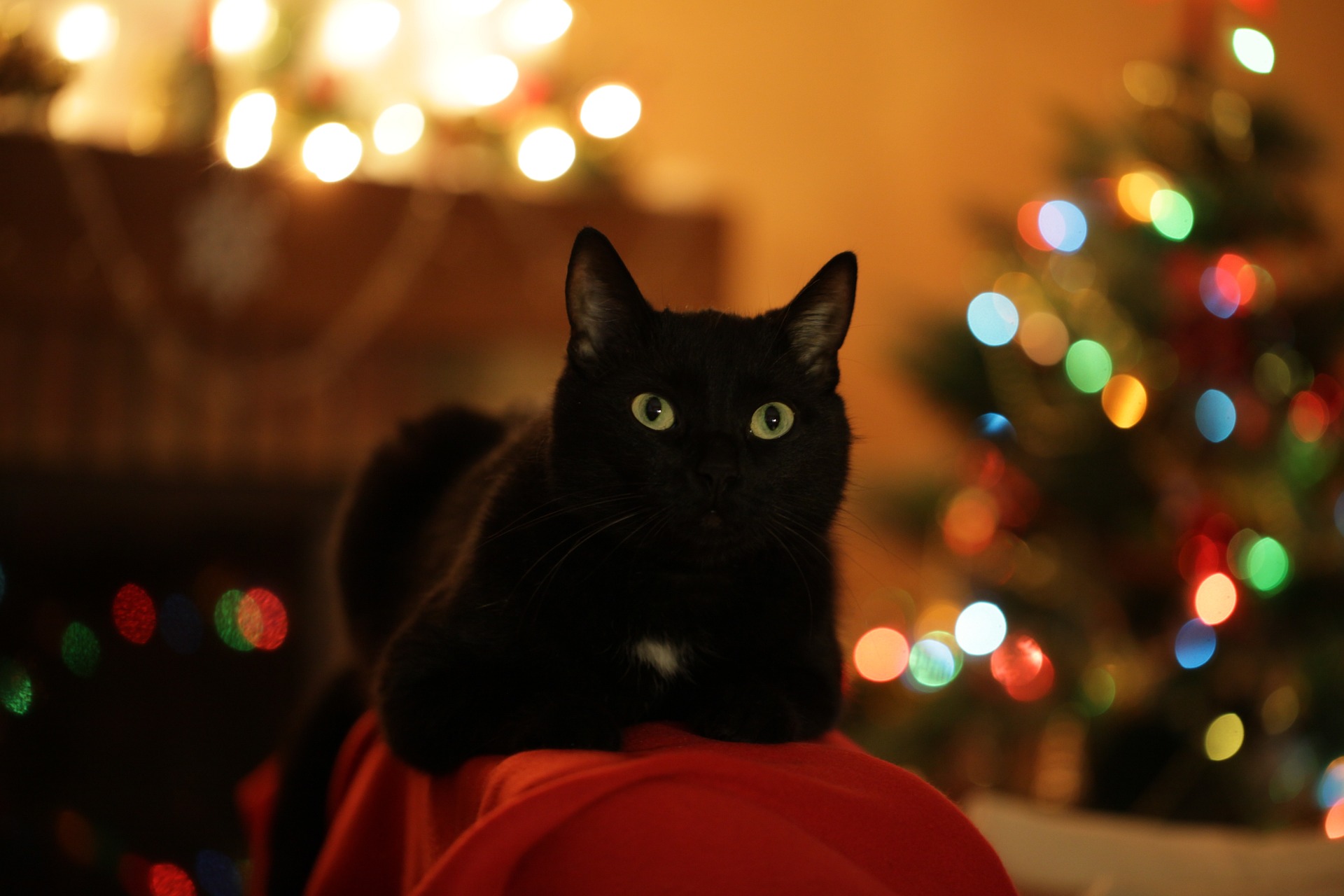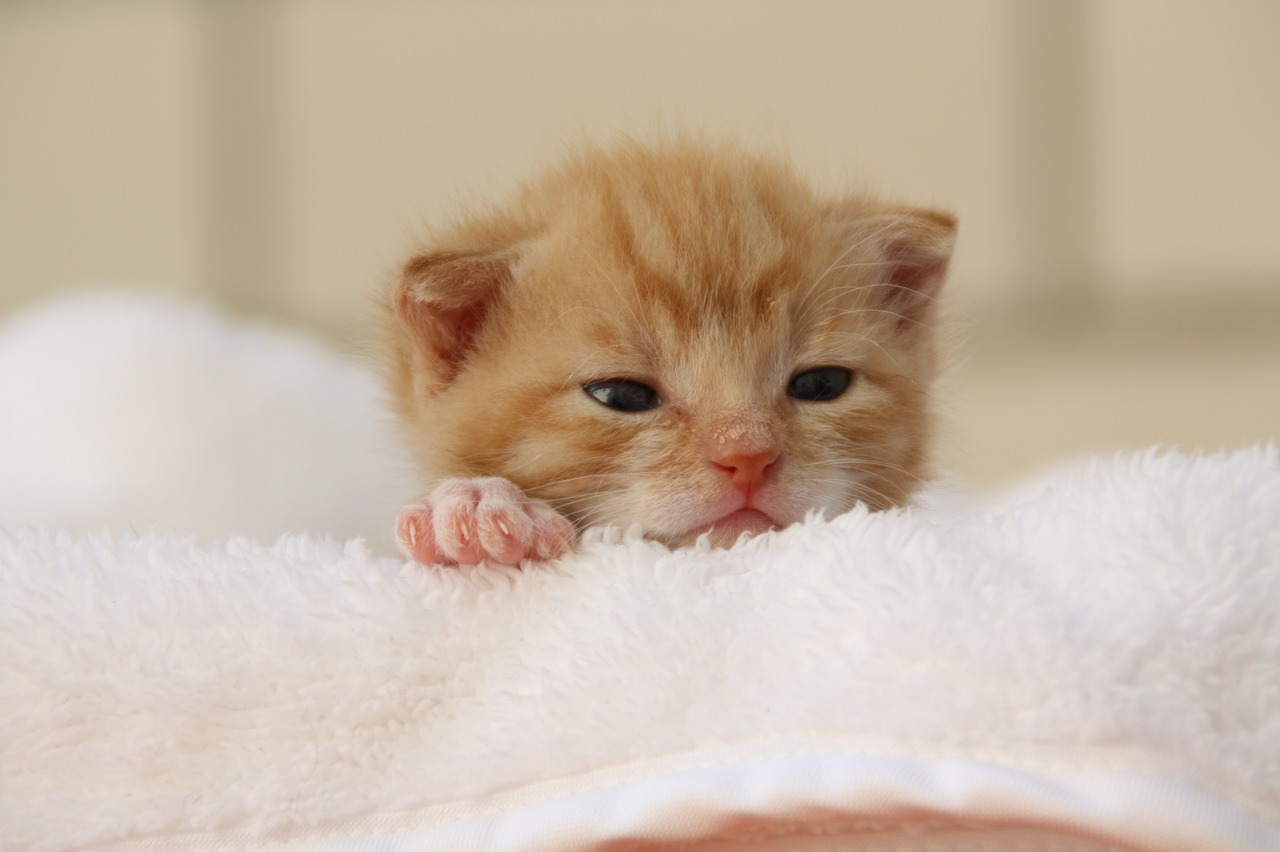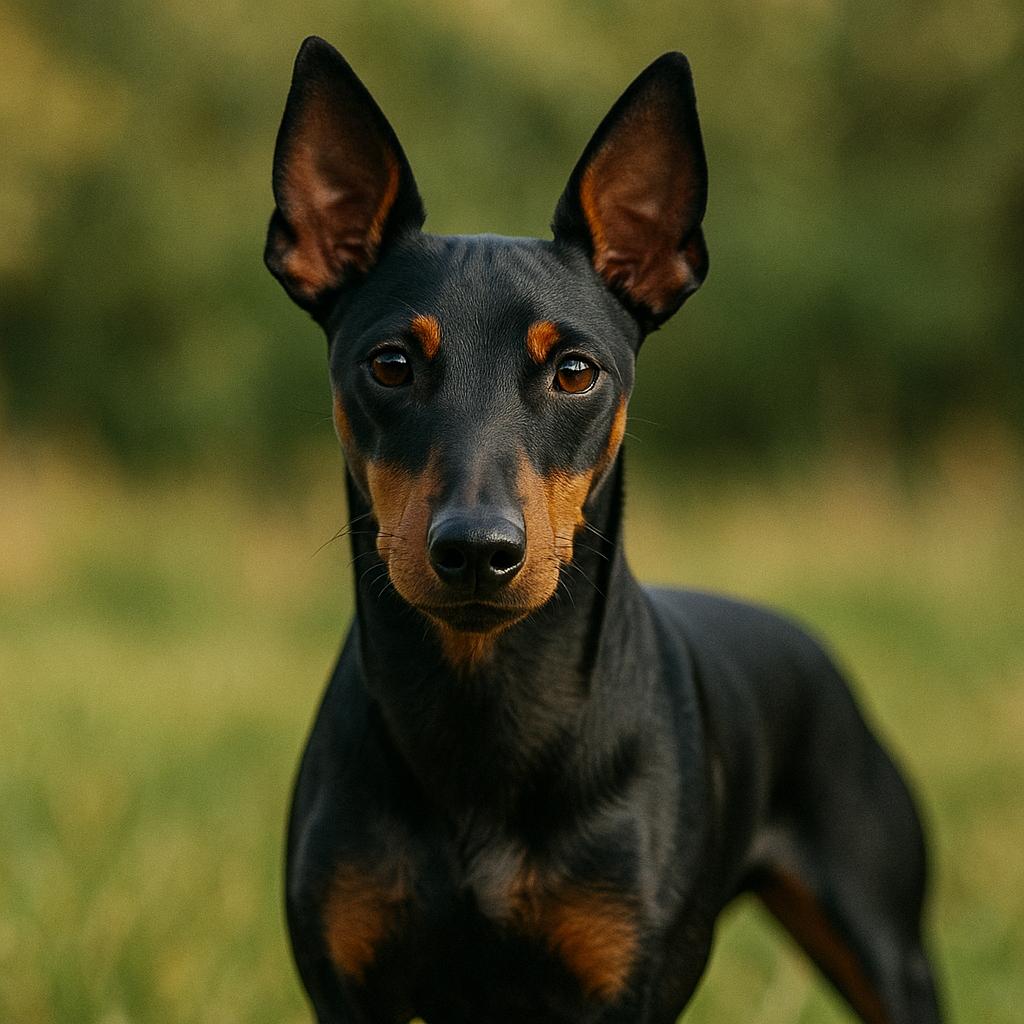
Manchester Terrier Dog Breed: The Devoted
The Manchester Terrier breed has been around since the 1800s. Like many other breeds, it's partly descended from the Jack Russell Black and Tan Terrier, crossed with a Whippet, and later probably mixed with West Highland White Terrier blood. It was bred by John Hulme from Manchester (hence the name).
It was bred as a rat hunter and is still relied upon today to exterminate these pests effectively. It was common practice in the past to amputate the ears of Manchester Terriers, but fortunately this practice has now been abolished. The Prince of Wales was the first to ban amputations in 1898, but this decision was not very popular and the number of this breed fell to the point of near extinction.
Years later, a few enthusiastic breeders decided to revive the breed, transforming it into a companion dog. Its character became more docile and, in addition to its temperament, positive changes were also seen in its physique, which became less rustic and coarse, but more refined and elegant.
Character of the Manchester Terrier breed
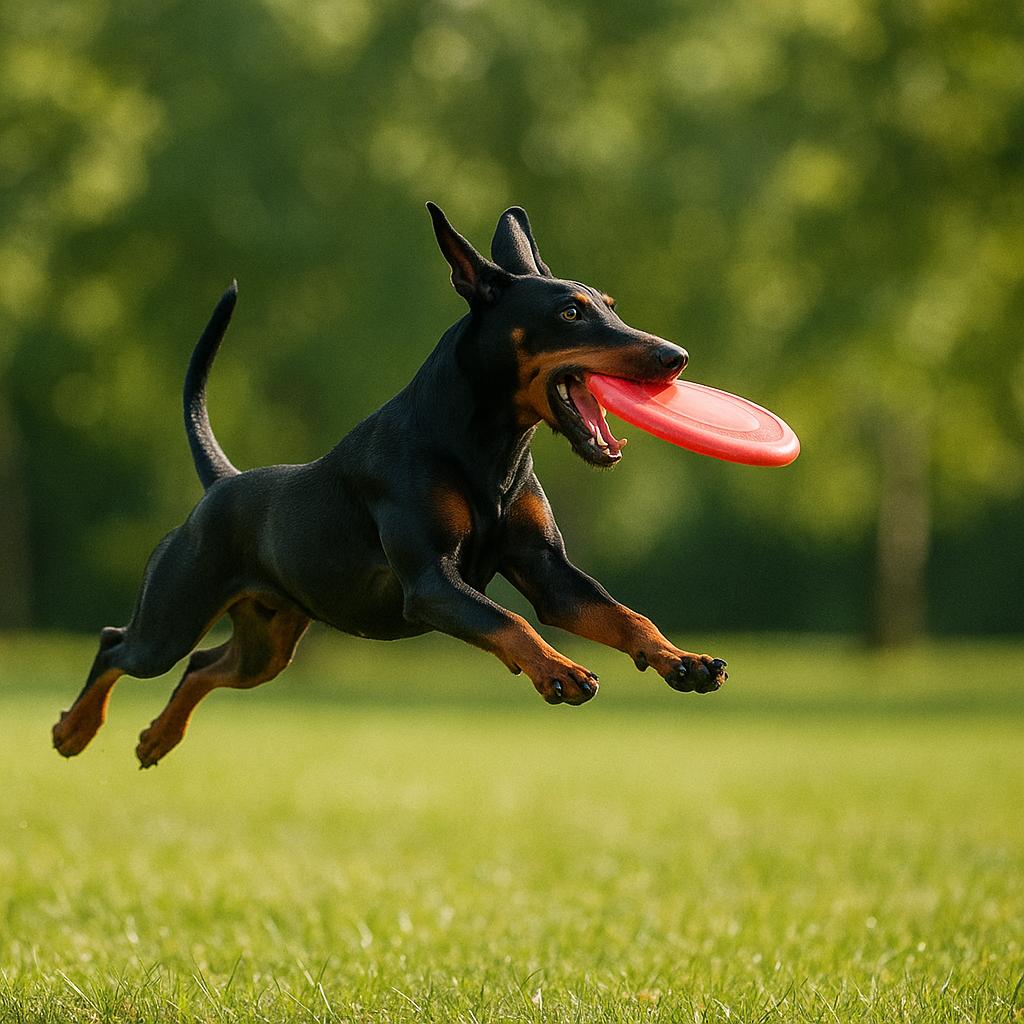
It adapts easily to apartment living and does not make a mess or disturb the household. In fact, it prefers the sofa because it is also lazy, even though it needs to go for walks during which it chases small prey. Like most terriers, it does not get along very well with other dogs or cats, which it sees as prey. They need to grow up together in order to live peacefully. It does not like to be alone and is rather wary of strangers, but never barks unnecessarily.
As far as training is concerned, the Manchester Terrier needs firm training, which must start at an early age. It needs to interact with other dogs and people to become a well-balanced animal. As mentioned above, it is suitable for guarding, but also for various dog sports such as agility, rally obedience, etc.
Particular attention should be paid to its natural hunting instinct. For this reason, it is best to keep it on a leash until it is completely under control when running free. If it gives in to its hunting instinct, it will not hesitate to pounce on small animals such as mice, lizards and small birds, but also on cats and other animals that may be present in the house or garden.
Appearance of the Manchester Terrier dog breed
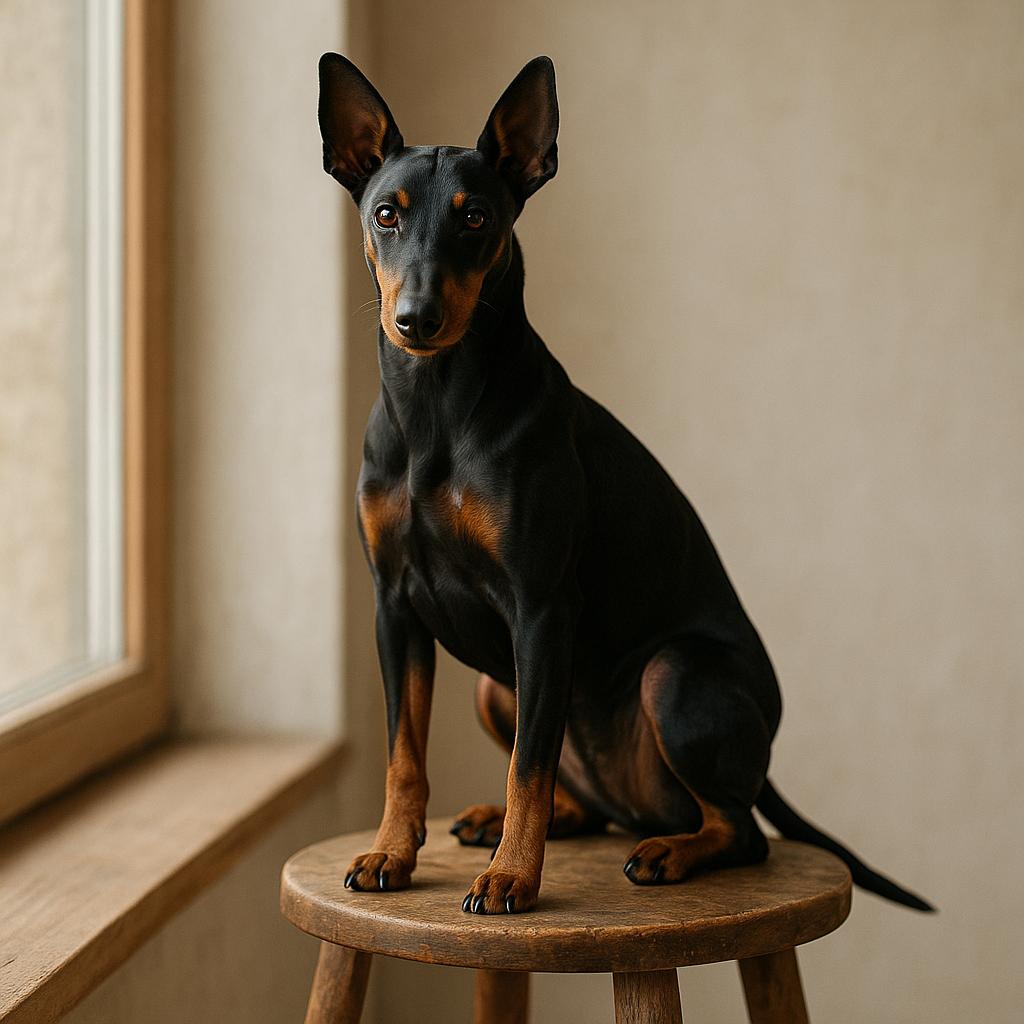
The skull is long, narrow and flat, and the head is elongated and wedge-shaped. The eyes are small and oblong, and the ears are V-shaped and drooping. The coat is dense, smooth and shiny, black in color with mahogany markings on the head, chest and tips of the legs.
Care and health of the Manchester Terrier breed
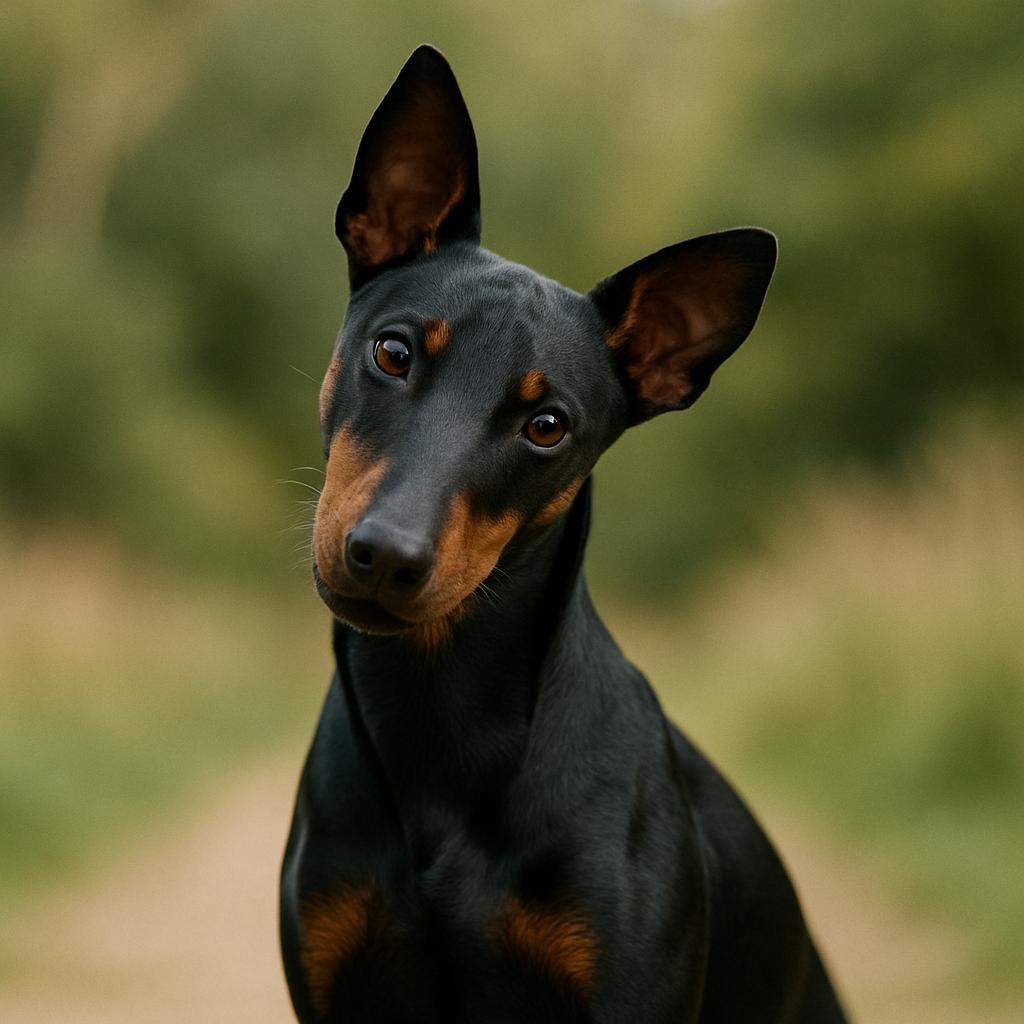
It suffers from both heat and cold, and in winter it is advisable to take it out in a coat, as its coat is very short and it feels the cold immediately.
Grooming is very easy; just brush it once a week to keep it shiny and beautiful. If fed a balanced diet, it does not have obesity problems, provided it also gets some exercise every day.

